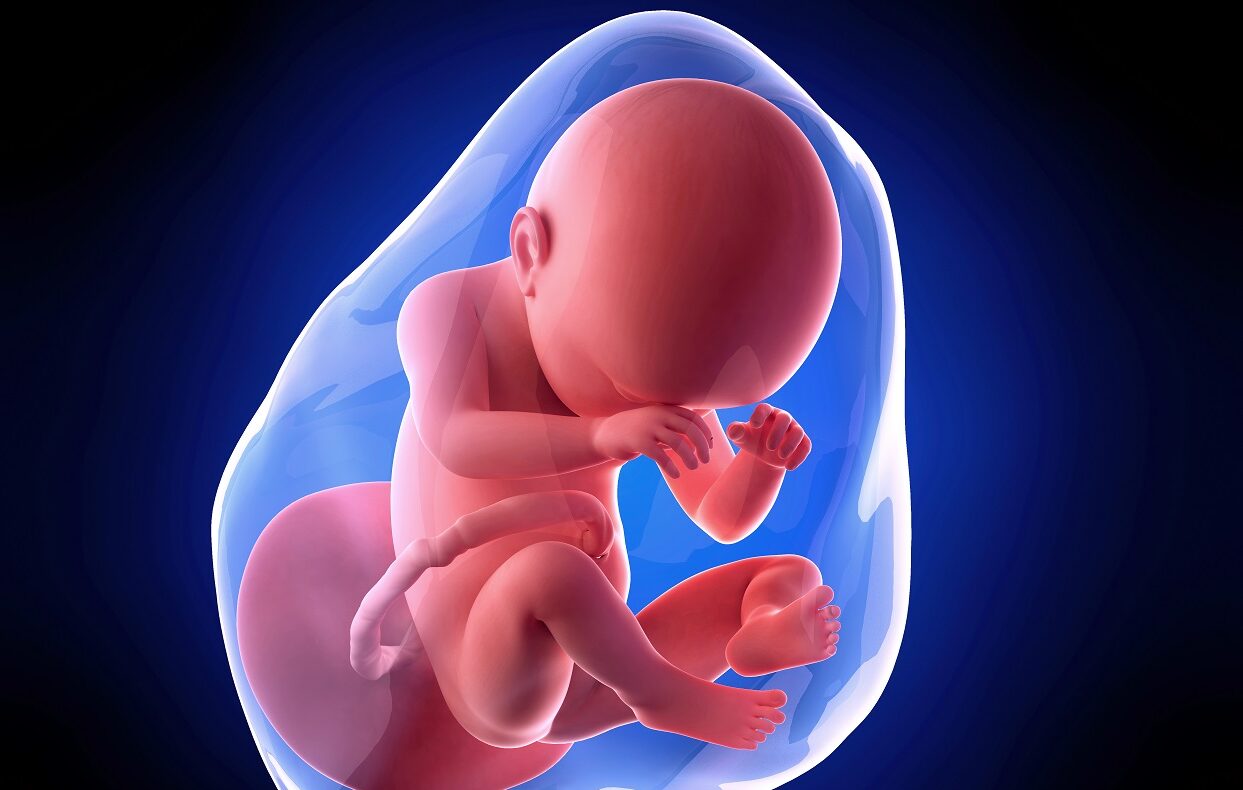The following was written by Alana M. Rosshirt in a 1958 production of Marriage: The Magazine of Catholic Family Living. Please open the pdf here to read about importance of baptizing miscarried babies, and how to do it. Also, free to print it.
Although the above pdf is the main thing that I hope you will read in this blog post, I want to mention a few more things about baptism. The following canons from the new code of Canon Law (released in 1984 under Pope John Paul II) reveal some of the most overlooked parts of the theology and practice of infant baptism. Keep in mind that that the following has nothing to do with miscarried babies. Especially pay close attention to the fact that full-term babies who are dying who have Catholic (or even non-Catholic) parents can and should be baptized by a Catholic, even a lay Catholic. (Re-read how politically-uncorrect that last sentence is, and then corroborate it in canon law below in italics.) On the other hand, living full-term babies who will not be raised Catholic (even if the parents are baptized Catholics) should not be baptized by adults.
Here’s some of the most overlooked canons on baptism, brought to my attention by canonist Mr. Marc Balestrieri JCL:
Can. 849 Baptism, the gateway to the sacraments and necessary for salvation by actual reception or at least by desire, is validly conferred only by a washing of true water with the proper form of words. Through baptism men and women are freed from sin, are reborn as children of God, and, configured to Christ by an indelible character, are incorporated into the Church.
In danger of death:
Can. 867 – §2. An infant in danger of death is to be baptized without delay.
Can. 868 — §2. An infant of Catholic parents or even of non-Catholic parents is baptized licitly in danger of death even against the will of the parents.
Outside danger of death:
Can. 868 §1. For an infant to be baptized licitly:
1/ the parents or at least one of them or the person who legitimately takes their place must consent;
2/ there must be a founded hope that the infant will be brought up in the Catholic religion; if such hope is altogether lacking, the baptism is to be delayed according to the prescripts of particular law after the parents have been advised about the reason.
So, for babies who will be raised Catholic, keep in mind that one of the old ecumenical councils of the Catholic Church even said it’s a mortal sin to wait more than a week to baptize your baby. Even the new code says it must be done quam primum, as soon as possible. Delaying baptism for a very sick infant (whether his parents be Catholic or not) will likely be the difference between it spending eternity in limbo versus heaven.
